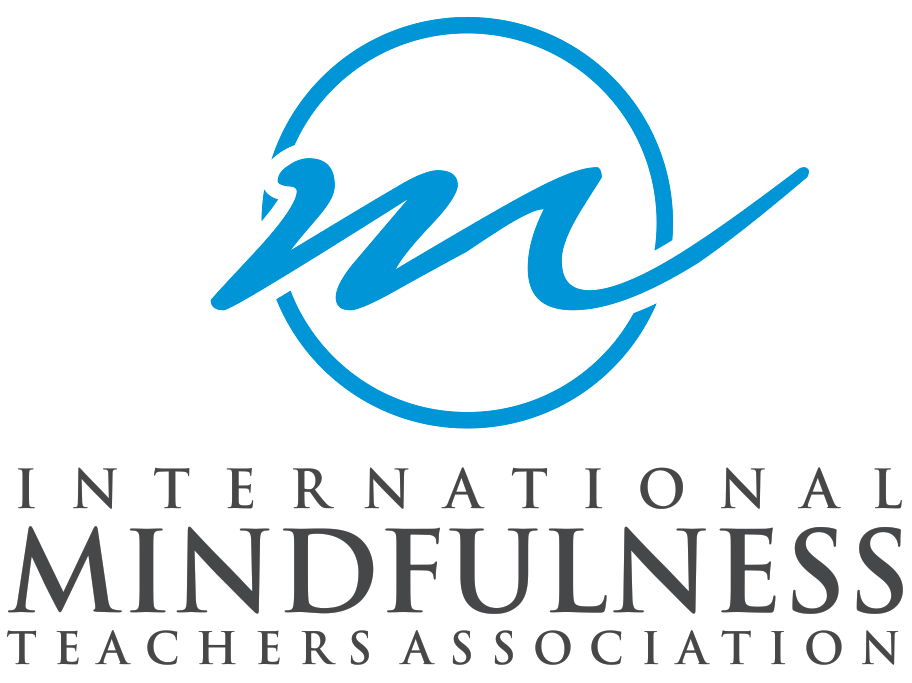Standards for IMTA Accredited Program 200-Hour, Professional Level
The following table outlines the minimum competency areas, contact hours and program components required for accreditation.
| Teacher Training Competency Area |
Examples | Minimum Contact Hours |
| Required Contact (Classroom) Hours | ||
| Mindfulness Studies |
|
40 |
| Personal Practice Maturation and Development |
|
25 |
| Teaching Methodology, Training and Supervision |
|
50 |
| Contemporary Mindfulness Applications |
Exploration of practical applications of mindfulness in any of the following areas or related others:
|
10 |
| Cultural Competency |
|
20 |
| Professional Development |
|
20 |
| Required Non-Contact (Non-Classroom) Hours | ||
| Practicum / Field Work |
This component requires students to actively facilitate mindfulness in their work or volunteer setting |
35 |
| TOTAL REQUIRED HOURS | 200 | |
| Recommended Additional Non-Contact (Non-Classroom) Hours | ||
| Personal Practice Maturation and Development |
|
250 |
| Study |
|
50 |
| Other Required Components | ||
| Requirement | Criteria | |
| Prerequisites for Program-entry |
Accepted students should have:
|
|
| Supervising Teachers |
Supervising teachers must have a minimum of 10 years of advanced mindfulness experience and personal practice, and 5 years of teaching experience as evidenced by verifiable personal statement on application. |
|
| Observation and Feedback Mechanisms |
Students teaching skills should be observed live or on video for at least 2×30 minutes and provided feedback in written and verbal form a minimum of two times. (Mid-program and final) |
|
| Personal Interaction between student and supervising teacher |
Opportunities for personal contact between students and supervising teachers must be available in the form of individual or group teaching or mentoring sessions as demonstrated by program curricula. |
|

